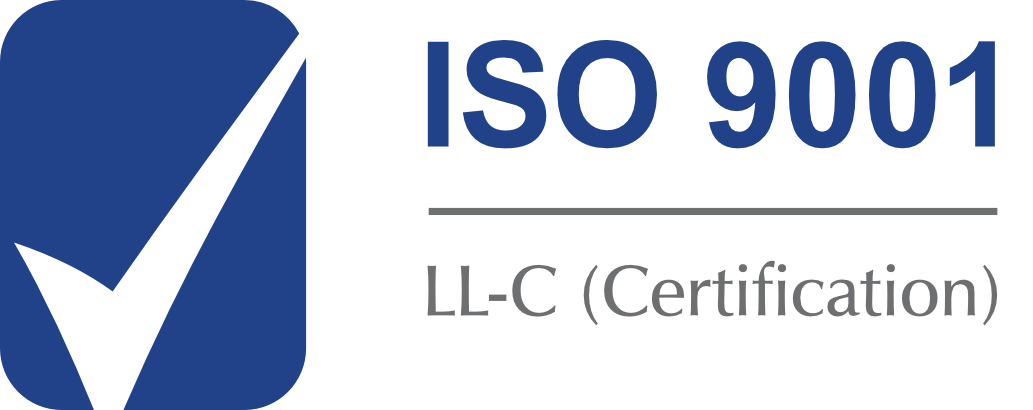Discover specialised software for electronic instrumentation, designed for control, analysis and data management in industrial and laboratory environments.
Electronic measurement software: the foundation for advanced analysis and control
In the fields of electronics and electrical engineering, having the right electronic measurement software is essential to turn raw data into meaningful information. These applications – often referred to as data analysis software, electrical instrumentation software or measurement and reporting tools – allow users to collect, display and analyse readings from instruments, monitor variables in real time, and generate comprehensive reports. With these tools, engineers, maintenance technicians and quality managers can monitor voltage, current, power, resistance, temperature and other key parameters accurately, efficiently and reliably.
What good electrical measurement software provides
A reliable instrumentation software package offers more than just data transfer. It should provide automatic instrument connection, data download, secure storage, real-time graphical visualisation, customised report generation and trend analysis. Advanced software also enables export to Excel or PDF, alarm configuration, and comparative analysis across multiple datasets. Such tools streamline decision-making in preventive maintenance, energy audits and quality assurance processes, providing a clear understanding of electrical behaviour and performance over time.
Types of measurement software by application
Electronic measurement software can take various forms depending on the intended application:
- Data logging software: used with multimeters, power analysers or current clamps to record and store readings for later evaluation.
- Real-time visualisation software: designed for control rooms and supervisory systems to monitor live changes in electrical and environmental variables.
- Reporting and documentation tools: ideal for audits and compliance testing, enabling automatic creation of graphs, tables and summary reports.
- Integrated or multi-channel platforms: capable of collecting data from several instruments simultaneously, combining results into unified dashboards and trend views.
Advantages of professional measurement software
Adopting professional measurement software brings numerous advantages to electronic and electrical work:
- Accuracy and reliability: eliminates manual entry errors and ensures consistent, traceable measurements.
- Data traceability: readings can be stored, retrieved and documented for audits and certification purposes.
- Predictive maintenance: trend analysis helps detect anomalies before they result in failures or downtime.
- Energy efficiency: analysing load patterns enables better control of energy consumption and performance optimisation.
Applications of measurement and analysis software
Measurement and instrumentation software is widely used in multiple industries. In industrial maintenance, it monitors switchboards, motors, transformers and power distribution systems. In testing laboratories and certification facilities, it records measurement results during compliance and endurance testing. In electrical engineering and energy auditing, it helps generate detailed reports on voltage quality, current flow and overall energy efficiency. These tools are also vital in renewable energy systems and telecommunications infrastructure, where precise control of electrical and environmental variables is essential to maintain safety and performance.
How to choose the right measurement software
When selecting electronic measurement software, several technical and practical factors should be considered:
- Instrument compatibility: confirm that the software supports your instruments, such as power analysers, data loggers or voltage recorders.
- User interface and ease of setup: intuitive menus, automatic device detection and simple report configuration improve usability and reduce setup time.
- Data management and storage: choose software capable of handling large datasets, providing backup options and allowing flexible data export.
- Analysis and reporting features: interactive graphs, comparison tools, threshold alarms and filtering functions help interpret complex measurements.
- Connectivity and scalability: remote access, network integration and compatibility with SCADA or BMS systems extend functionality in modern facilities.
- Technical support and updates: regular updates ensure compatibility with new instruments, while professional support guarantees long-term reliability.
Best practices for effective use of measurement software
To obtain consistent and accurate results, it is advisable to follow several best practices:
- Ensure all measuring instruments are properly calibrated before data acquisition.
- Clearly define which variables will be monitored, as well as sampling intervals and recording duration.
- Use predefined report templates to maintain consistency across projects and save analysis time.
- Set up automatic alarms or notifications for values outside acceptable limits.
- Regularly back up recorded data and review trends to identify anomalies early.
- Provide adequate training for staff to make full use of the software’s analytical capabilities.
Electrónica Embajadores: your trusted source for electronic measurement software
At Electrónica Embajadores, we offer a comprehensive selection of electronic measurement software and electrical instrumentation applications for professional monitoring, data analysis and reporting. Our tools are compatible with a wide range of instruments, including analysers, loggers and sensors. We also provide software for visualisation, data export and automatic report generation. Our technical team can assist with software integration, measurement configuration and process optimisation. With over thirty years of experience in electronic instrumentation, Electrónica Embajadores is your reliable partner for precision measurement, efficient data management and advanced analysis solutions across the United Kingdom.




